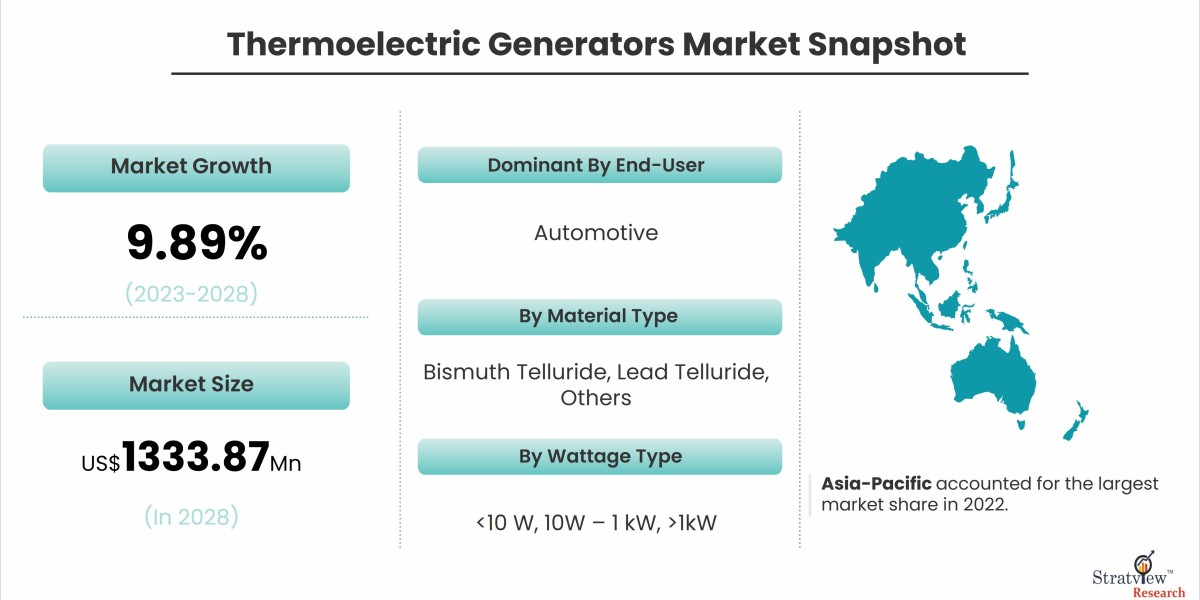Leuprolide acetate, sold under the brand name Lupron among others, is a gonadotropin-releasing hormone (GnRH) agonist medication. It works by stopping the body's production of sex hormones like testosterone and estradiol. Lupron is commonly prescribed to treat prostate cancer, endometriosis, uterine fibroids, and precocious puberty.
How Leuprolide Acetate Works to Treat Prostate Cancer
Prostate cancer grows in response to androgen hormones like testosterone. Lupron works by prompting the pituitary gland to initially release more gonadotropin-releasing hormones (GnRH), which in turn causes the testicles to produce more testosterone. However, after this brief surge, the pituitary becomes desensitized to GnRH and stops producing luteinizing hormone (LH) and follicle-stimulating hormone (FHS). With fewer LH and FSH, the testicles produce less testosterone. Lower testosterone levels deprive prostate cancer cells of the fuel they need to continue growing and spreading. Lupron is highly effective at achieving medical castration in men to slow or stop the progression of prostate cancer.
Potential Side Effects of Leuprolide Acetate Treatment
While Lupron is largely well-tolerated, common initial side effects during the first few weeks of treatment can include hot flashes, loss of libido, erectile dysfunction, fatigue, and emotional changes like mood swings. Leuprolide Acetate side effects are caused by the brief initial surge in testosterone before levels drop significantly. Over longer treatment periods, other possible side effects include loss of bone mineral density and fracture risk, anemia, joint and muscle pain, weight gain or loss, and metabolic changes that raise diabetes risk. To minimize potential complications, doctors closely monitor patients receiving long-term androgen deprivation therapy.
Treating Precocious Puberty with Leuprolide Acetate
Precocious puberty refers to the premature onset of changes associated with puberty, usually defined as beginning before age 8 in girls and age 9 in boys. When caused by an underlying condition like a tumor or genetic disorder, Lupron therapy aims to pause the physical changes of puberty long enough for any underlying issues to be addressed. It works by suppressing estrogen in girls and testosterone in boys, temporarily slowing pubertal development until treatment ends. This “chemical pause button” allows children to finish emotional and physical development at a normal pace without the psychosocial challenges of very early puberty.
Monitoring Safety and Effectiveness with Leuprolide Therapy
Doctors closely monitor patients receiving Lupron to ensure treatment remains safe and effective. At regular checkups, medical professionals evaluate prostate cancer progression or pubertal response using tests like physical exams, PSA levels, imaging scans, and hormone level analysis. They watch for adverse effects and complications. Treatment plans may be adjusted based on individual response over time. Lupron comes as an injection administered by a healthcare provider either monthly or every 3-4 months depending on the specific medication formulation. With careful oversight, it provides a well-tolerated option for managing conditions impacted by sex hormones.
Managing Cancer Treatment and Menopausal Side Effects
While leuprolide therapy often produces results, it comes with challenges patients must address. For prostate cancer, managing hot flashes, fatigue, mood changes and sexual side effects improves quality of life while undergoing hormone deprivation. Supplementing with testosterone maintains bone and muscle health. Diet, exercise, stress reduction and support groups help many cope. Doctors may prescribe antidepressants, pain medications or testosterone to counter select effects. Managing menopausal side effects in women requires lifestyle adjustments, vaginal moisturizers/lubricants, hormone therapy or alternative medicines depending on the specific issues. A healthcare team skilled in oncology and menopause care optimizes long-term outcomes.
The Importance of a Multidisciplinary Care Approach
Complex chronic conditions requiring Lupron like prostate cancer or endometriosis benefit greatly from a multidisciplinary care approach. An endocrinologist oversees appropriate hormone therapy. Urologists and oncologists monitor cancer status and plan further interventions if needed. Mental health professionals help address emotional challenges. Nutritionists provide diet guidance. Exercise specialists boost wellness. Pharmacists ensure safe medication use. Social workers locate resources. Integrating combined expertise results in better management of treatment side effects and more positive long-term outcomes for affected patients. Multidisciplinary care has become the standard of care for intricate diseases impacted by Lupron therapy.
leuprolide acetate represents an important medication for managing conditions impacted by sex hormones like prostate cancer, endometriosis and precocious puberty. By suppressing GnRH release, it lowers hormone levels leading to relief of hormone-driven symptoms and pauses disease progression. While generally well-tolerated, leuprolide therapy does carry potential short and long-term side effects requiring monitoring and management by a healthcare team. Ongoing evaluation of treatment response and quality of life optimization helps maximize benefits for patients. Through multidisciplinary care approaches, Lupron provides an effective clinical option for many patient populations.
Get more insights on Leuprolide Acetate
Get More Insights—Access the Report in the Language that Resonates with You
About Author:
Ravina Pandya, Content Writer, has a strong foothold in the market research industry. She specializes in writing well-researched articles from different industries, including food and beverages, information and technology, healthcare, chemical and materials, etc. (https://www.linkedin.com/in/ravina-pandya-1a3984191)



